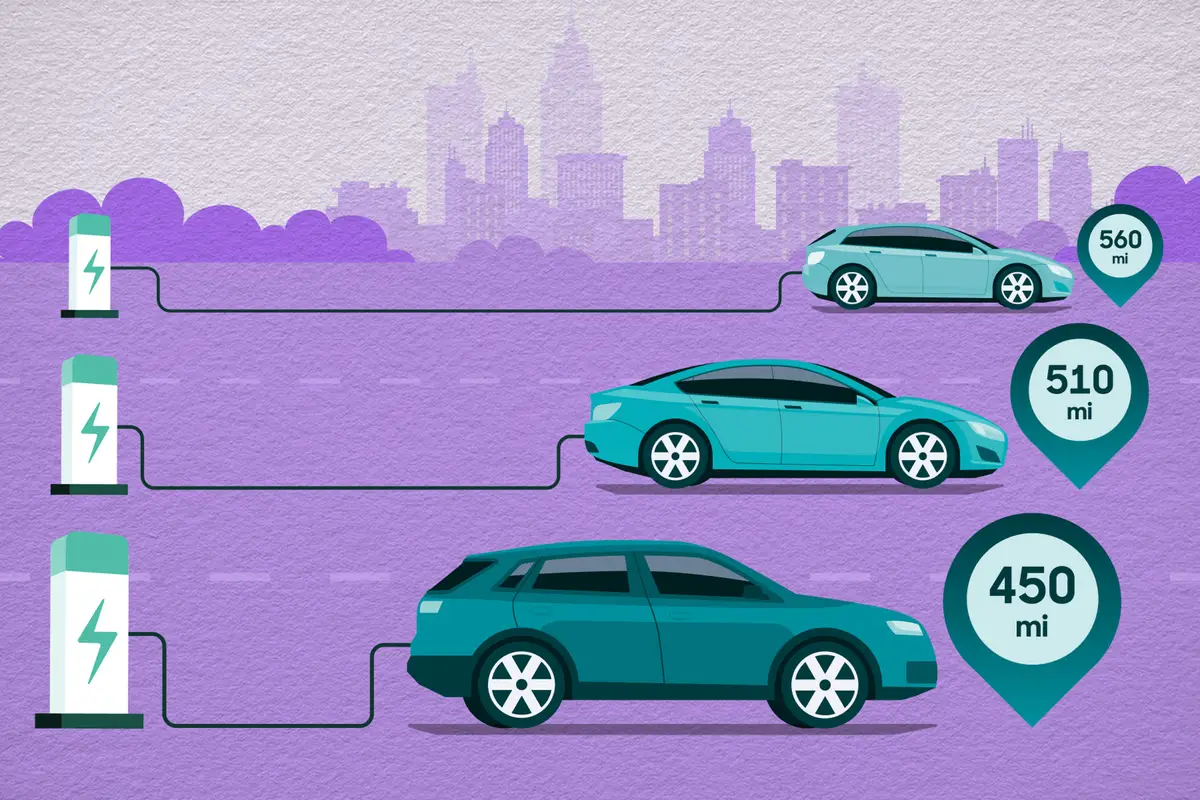Texting-While-Driving Consequences Vary by State


Generally speaking, a moving violation is when a driver breaks the law while their vehicle is in motion. Examples of patently dangerous actions include driving under the influence of drugs or alcohol, speeding and running a stop sign. But what about texting while driving?
Cars.com Undercover: Texting While Driving Rampant
That indisputably risky variety of distracted driving that puts drivers’ eyes on their smartphone screens and their thumbs on the digital keys — and only a portion of their attention on the road — has been shown to directly correlate with accidents. In fact, the National Highway Traffic Safety Administration reports that a texting driver is 23 times more likely to crash, a major contributor to the thousands of distracted-driving deaths that occur each year.
Despite this, texting while driving in most states is still not considered a moving violation, nor results in penalty points on driver’s licenses that accumulate and ultimately could result in suspension or revocation. While the practice is banned in 41 of the 50 states and the District of Columbia, according to Insurance.com, only 17 consider it a moving violation or assess license points for it; those areas, followed by their penalty system, are as follows:
- Alabama, 2 points
- Colorado, 1 point
- District of Columbia, 1 point and is a moving violation; 3 points if it is judged to have caused a crash
- Florida, 3 points and a moving violation for a second ticket within five years; 2 points if a texting ticket is received in a school safety zone; 6 points if it is found that an unlawful use of a wireless communications device results in a crash
- Georgia, 1 point
- Kentucky, 3 points
- Maryland, 1 point and a moving violation; 3 points if texting contributed to a crash
- Missouri, 2 points
- Nebraska, 3 points
- New York, 5 points
- New Jersey, 3 points for a third offense
- North Dakota, moving violation
- Nevada, first offense is not considered a moving violation; repeat offenses add 4 points
- Vermont, 2 points for the first offense and 5 points for subsequent offenses
- Virginia, 3 points
- West Virginia, 3 points for a third offense
- Wisconsin, 4 points
The upshot of this beyond the threat of license suspension is that if you are ticketed in a state in which texting while driving is a moving violation or points are assessed, you’ll likely pay for it on your car-insurance bill. That’s because moving violations and points violations appear on your driving record, which your coverage provider examines.
According to Bankrate.com: “A violation of a texting-while-driving law — such as a citation for any other moving violation — can contribute to a pattern of behavior that insurance companies look at to determine your insurance premiums. More negative reports on your driving record will probably result in you paying more for insurance.”
Rules vary widely from state to state, but many states will allow you to take a defensive-driving course in order to have a violation dismissed before it shows up on your record and is seen by your insurance company. If the threat of a rate hike doesn’t keep your smartphone in your pocket while you’re behind the wheel, bear in mind that if you’re driving out of state, the texting law may be much different than in your home state.
“Utah’s law, passed in May 2009, goes further than most and has been called the toughest in the nation,” Bankrate.com stated, noting that the law considers texting drivers “inherently reckless.” “Drivers found guilty of texting while driving and causing an accident that kills or injures someone can serve up to 15 years behind bars.”
Tomwang112/iStock/Thinkstock

Former Assistant Managing Editor-News Matt Schmitz is a veteran Chicago journalist indulging his curiosity for all things auto while helping to inform car shoppers.
Featured stories




